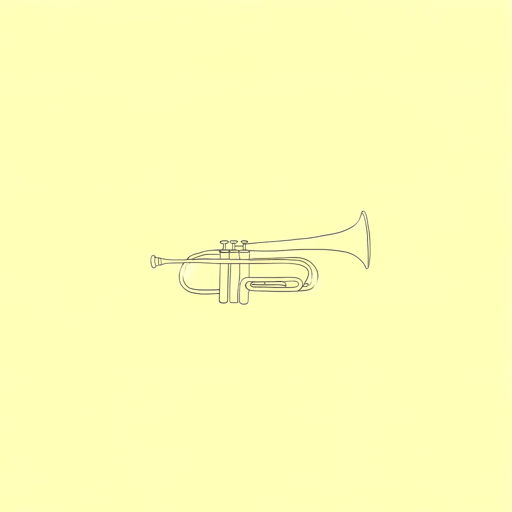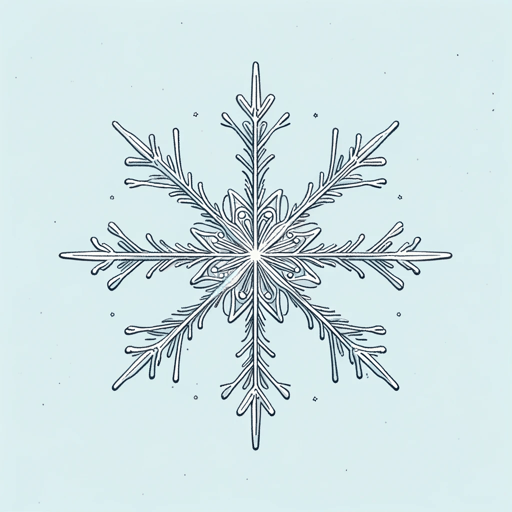17 pages • 34 minutes read
Claude McKayTo One Coming North
Fiction | Poem | Adult | Published in 1922A modern alternative to SparkNotes and CliffsNotes, SuperSummary offers high-quality Study Guides with detailed chapter summaries and analysis of major themes, characters, and more.
Further Reading & Resources
Related Poems
“If We Must Die“ by Claude McKay (1919)
In this poem, McKay uses the traditional sonnet form to express resistance against racism and tyranny. Although the poem is rhymed and metered, it departs dramatically from the expectations of the sonnet form in tone and imagery. Unlike the gentler and more evocative “To the One Coming North,” this poem is direct and urgent, rallying people to die nobly in battle rather than slowly by oppression.
“One Way Ticket” by Langston Hughes (1949)
Published almost three decades after “To the One Coming North,” Hughes’s unrhymed poem tackles the theme of migration in a straightforward, manifesto-like manner. The subject of “One Way Ticket” demonstrates that the Great Migration had intensified by the middle of the twentieth century, with most Southern Black families choosing to go anywhere that is “not South.” The rejection of the South – which in both poems symbolizes racial discrimination – is more emphatic in “One Way Ticket”; unlike McKay, Hughes does not deal with nostalgia or the call of home. Like its title, the impetus of the poem is forward-facing.
“American Sonnet for My Past and Future Assassin (“Probably twilight makes blackness dangerous”)“ by Terrence Hayes (2017)
Related Titles
By Claude McKay

America
Claude McKay

Home To Harlem
Claude McKay

If We Must Die
Claude McKay

Joy in the Woods
Claude McKay

The Harlem Dancer
Claude McKay

The Lynching
Claude McKay

The Tropics in New York
Claude McKay

The White House
Claude McKay

When Dawn Comes to the City
Claude McKay

